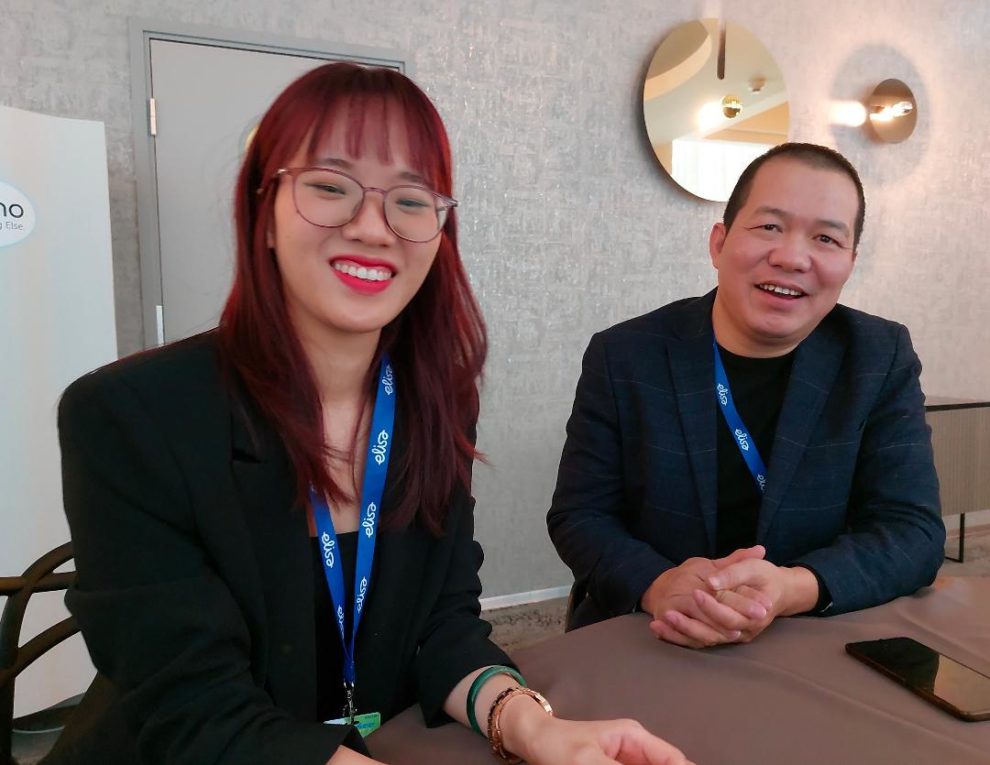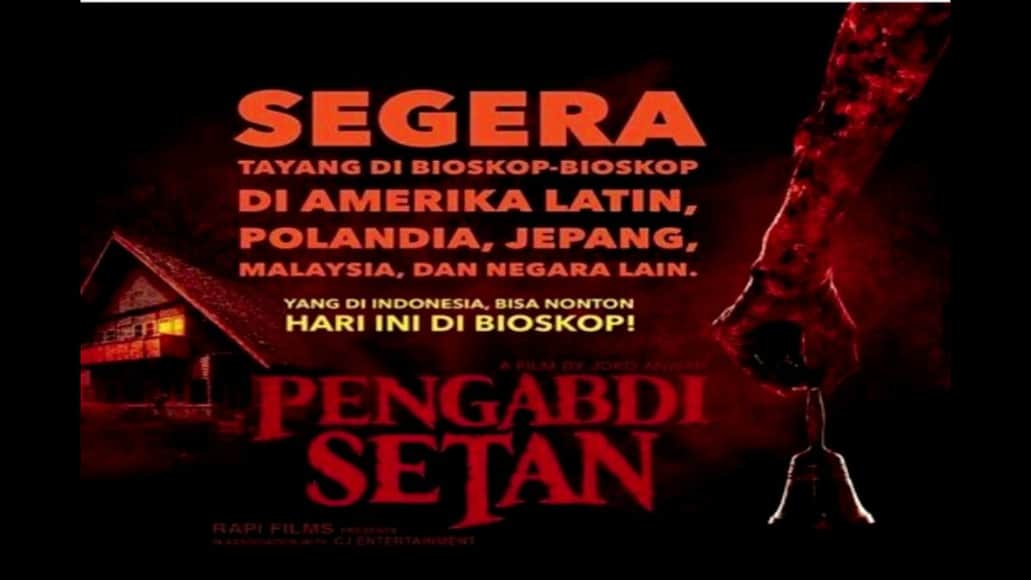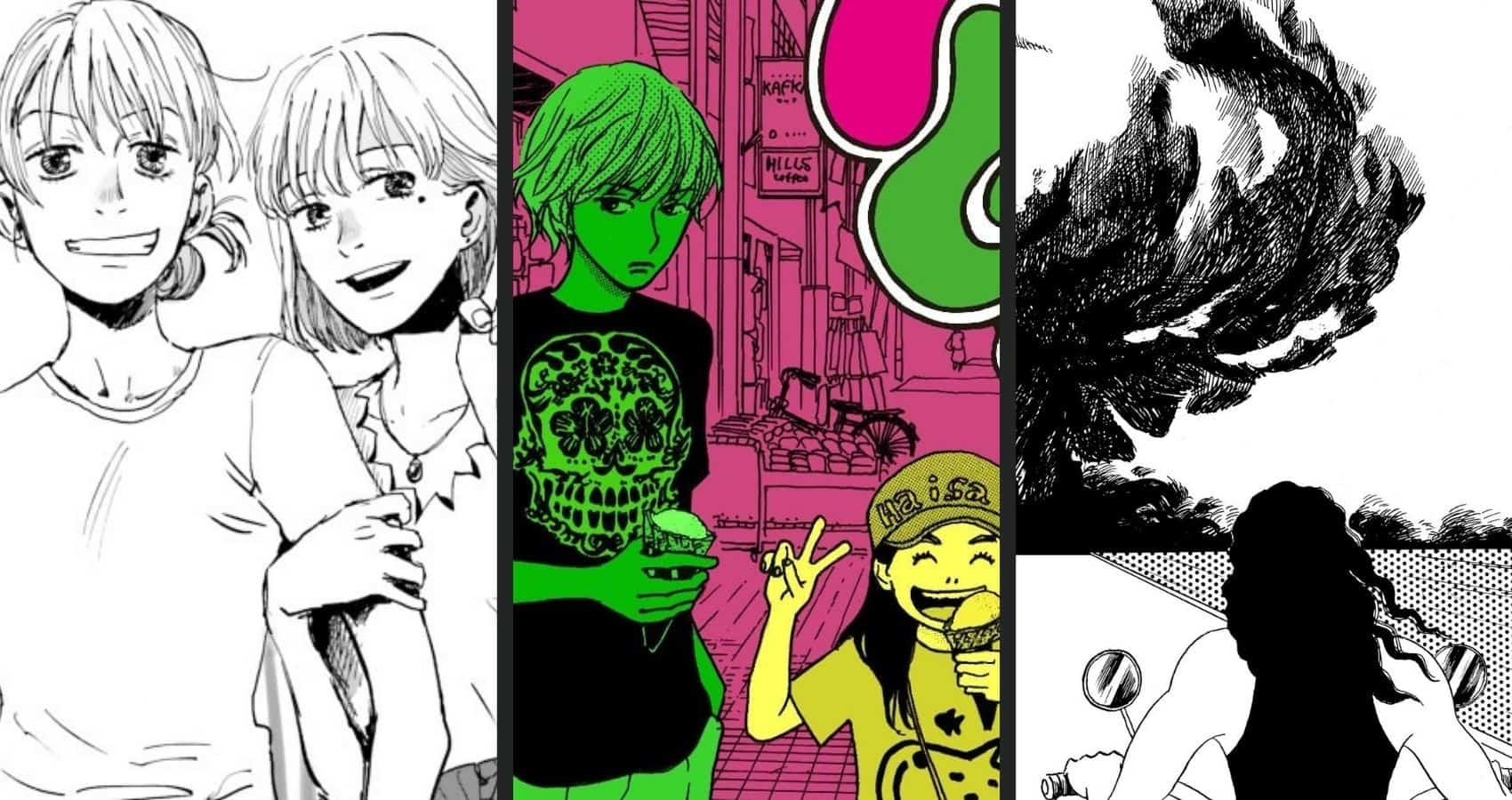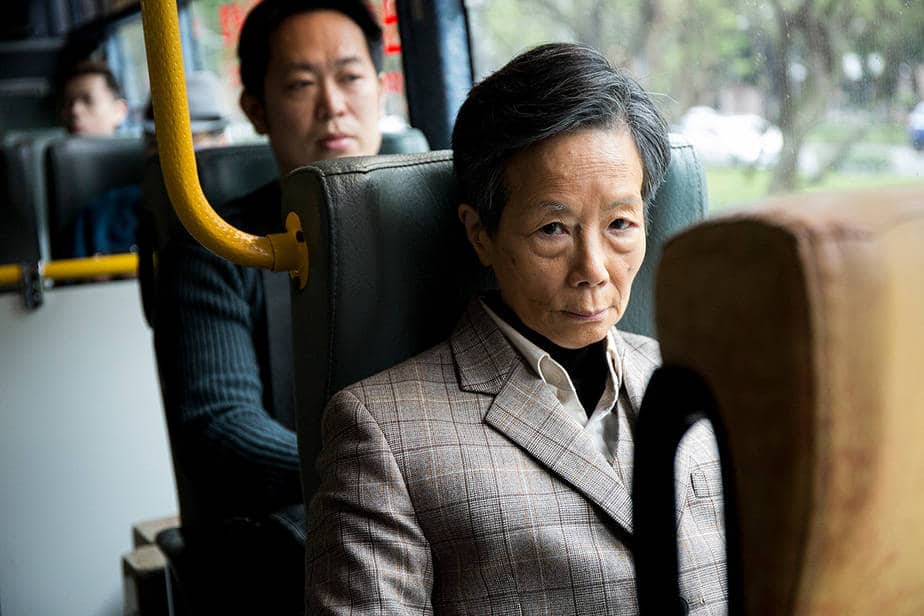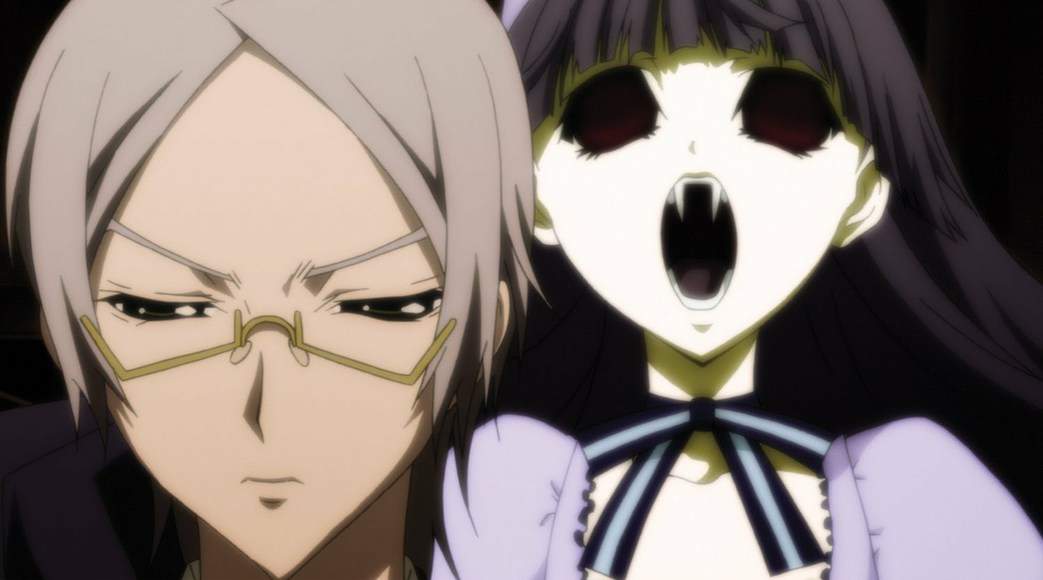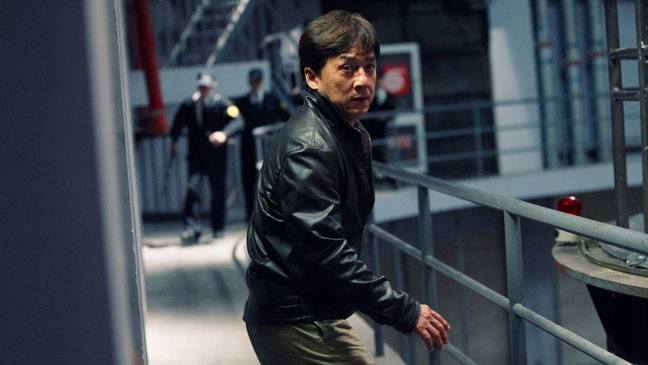It was Dung Luong Dinh's dream to make an action movie one day. Not only that he fullfilled his dream, he was also invited to present it in the Official Selection Competition of Tallinn Black Nights. “Magnum 578” is a strange customer, and certainly a type of film previously unseen in Vietnam. Back in 2019, Dinh already challenged us with the animal blood drenched drama “Drowsy City” (that competed in the Official Selection as well), which can also be qualified as a film previously unseen, and not just in Vietnam.
We met the director during the festival, and we were lucky that his producer Thien Huong Nguyen was present not only as the translator, but also as a very valuable source of information regarding the film's production, shooting locations and some technical details.
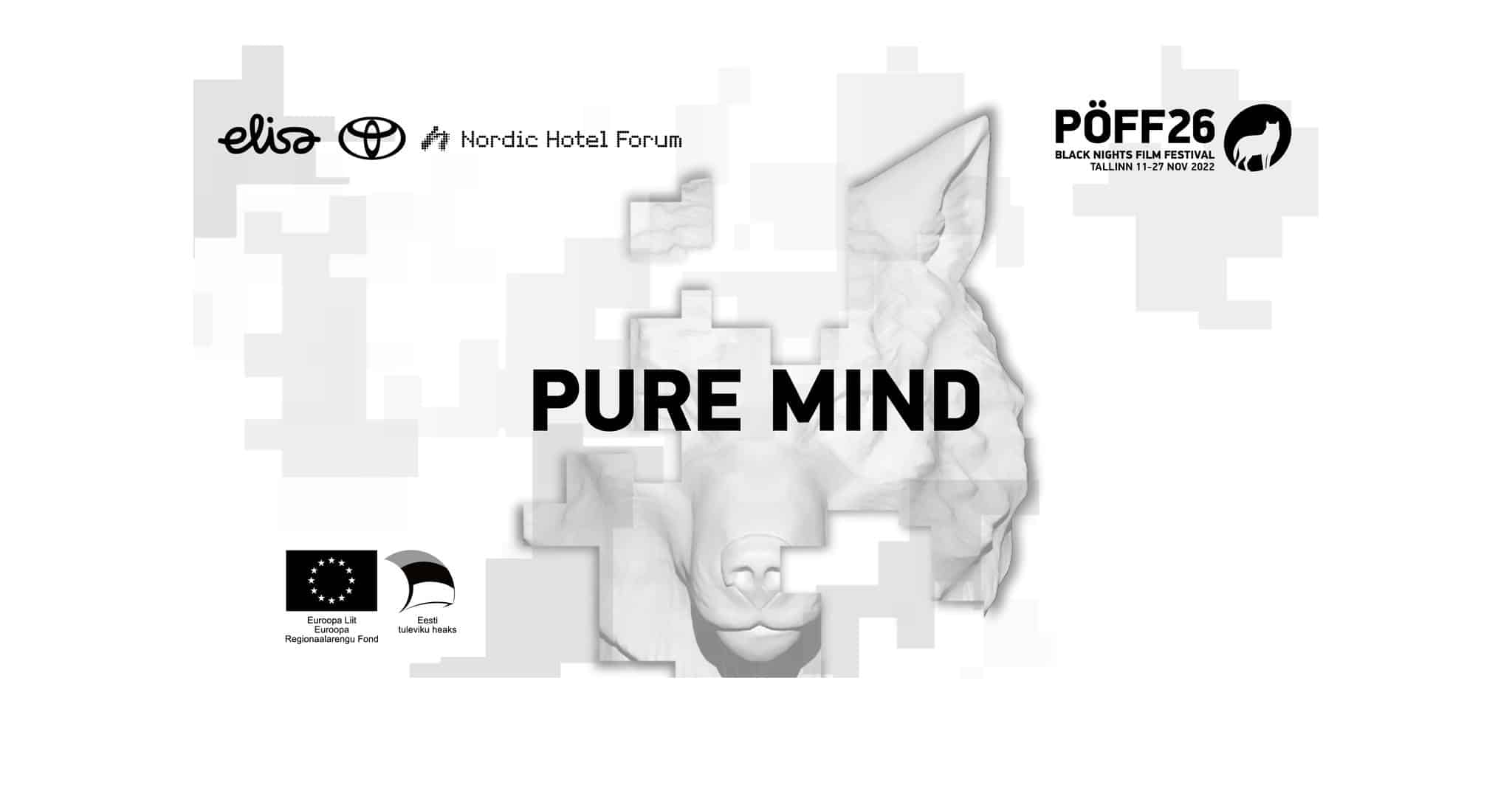
How did you produce this film?
Thien Huong Nguyen: It was a long journey. It started five years ago, but then everything went on hold during the pandemic. Anyway, as you might know, there are not many action movies in Vietnam, so it wasn't easy. We had to meet all the requirements to make this project, and to keep everyone safe during the shooting. We had professional international support, mainly from South Korea. But in terms of the look of the film, and of the action itself, everything came from the director. Dung Luong Dinh was a kung fu master. He knows martial arts the Vietnamese way, so he had very detailed vision of how the fight choreography was going to be. And then we discussed them with the action director. We had very long talks about how certain things should be done, and one of the most important things was to train the actors in martial arts. The director was personally supervising the training.
Since this was the first time we were making an action film, we didn't have much experience. When Dung Luong wrote the script, he did it by paying attention to the tiniest details: every movement of the main character, how he drives, looks, interacts, even if someone was moving left or right. Actually, many people don't know how difficult it is to do the fighting scenes. What's shown in the movie, the looks of it, is different from how it is shot, but we luckily had a great support from the action director.

Did you expect to end up in the Official Selection Competition of an A-list festival with your action movie?
Dung Luong Dinh: When I decided to make a movie, I was just doing my best, and I wasn't thinking about competitions. I was just figuring out how to do what I wanted to do in the best possible way. I didn't have any idea of what was coming afterwards, but it is an amazing experience to be in Tallinn and to be showing the movie to the festival audience.
Do you already have release dates in Vietnam?
Thien Huong Nguyen: Actually, we have already released it, and for the rest we are waiting for after Tallinn to make sure this is the international premiere. After that, we plan to release it in Japan, and some other South-East Asian countries, as well as in North America. We can not reveal the detailed plan yet, but we do have one. We do intent to bring the film to the cinemas as soon as possible, and to release it internationally. This is not just an action film. It also speaks about serious things. I want to show it to as many people as possible.
How was the response in Vietnam like?
Thien Huong Nguyen: The response was not one-dimensional. There were many reactions about it. “Magnum 578” is one of the most polarizing movies in recent times for many different reasons.
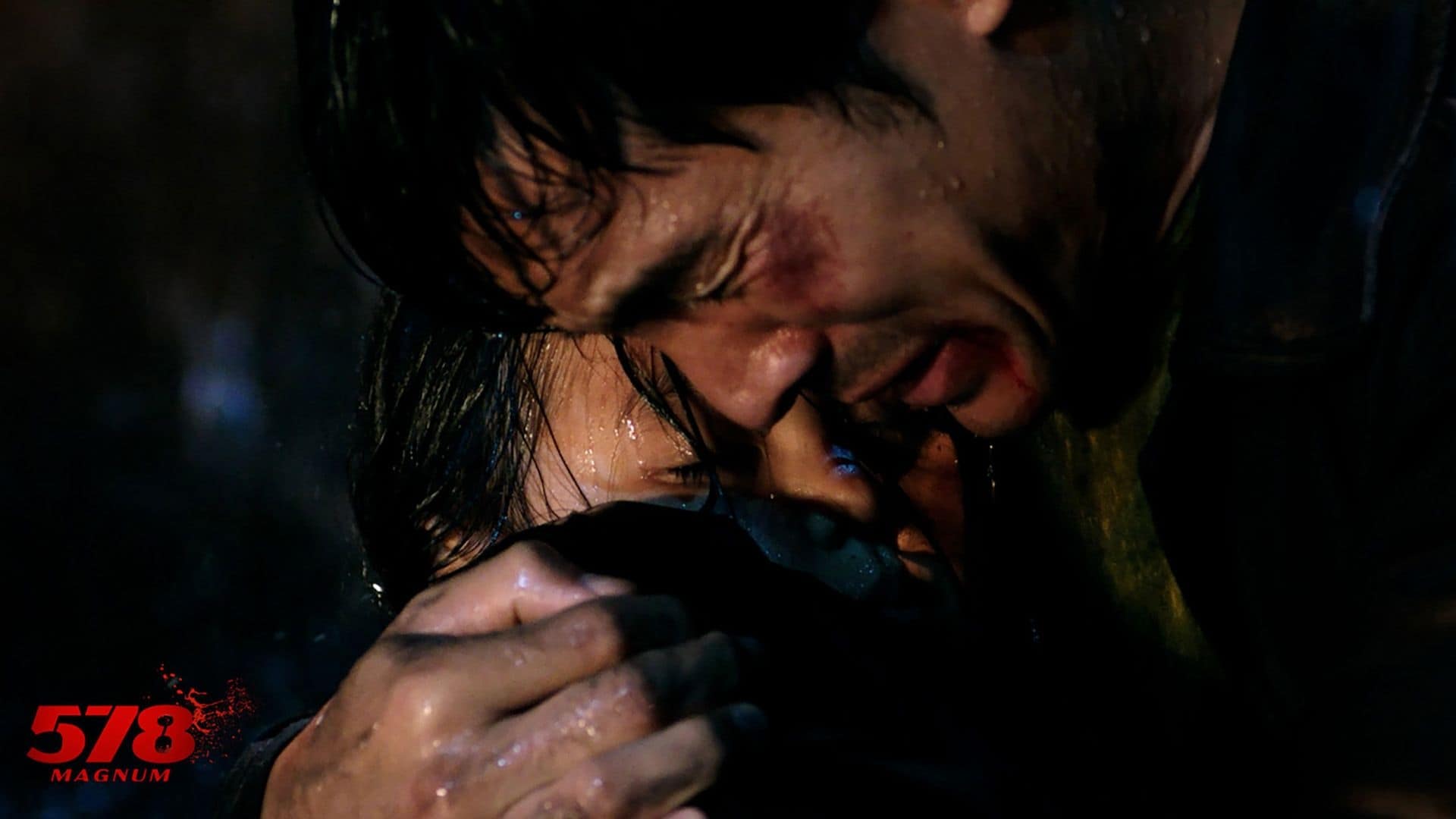
Copyright: Tuvan Pictures
Working with children is not easy. Did you have some kind of supervisor? And also – how did you cast the little girl who's playing the daughter of Alexandre Nguyen‘s character?
Dung Luong Dinh: As you already mentioned, working with children can be quite difficult. We have spent more than two years looking for that little girl in order to meet my expectations of the actress fitting in the story. We travelled across the country in search for the right child actor. We went to schools and other important gathering places, we did castings. Luckily, we finally met Thanh Thao and she was a natural talent. She never stood in front of the camera before. Generally, I had the same method of work with all children. I wouldn't explain them what the script was about, but I would talk about the emotions I was expecting to have. We spoke about how they felt in many situations: when they were glad, happy, sad, angry and I would ask them to me tell me separate stories, sometimes about their families, sometimes about something else, rarely related to the film's story, just to scope the diversity of their emotions.
Regarding the little Thanh Thao, when we decided to cast her, and we were not in the same cities, we would do a lots of video calls or go and visit her and her family. If I remember correctly, she has already started school, but she was nevertheless very young to understand everything that is happening in the movie. Instead of giving her the script, I just spoke to her, telling her about the very strong bond between the father and the daughter. I asked her if she could imagine living only with her father. When Thao got more comfortable with us and saw us as friends, we started talking more and more about the story. Only then we could say something more about the film. Also, the lead actor Alexandre Nguyen had to establish a relationship of trust with the girl. They met up to play and to get used to each other, always in presence of her family. It took some months to reach the stage of full confidence.
This is a very entangled crime story involving child abuse and the organ trade. So, how much of it is based on the research of true stories, and how much is pure fiction?
Dung Luong Dinh: When I was a child, I was growing up in a mountanous area. Mine was a family of farmers. We would go around and support each other as neighbours. I experienced the case of a father who suffered great pain and depression because his daughter was sexually abused. Even though I was a young boy, seeing that man filled with love for his daughter and broken by what had happened to her, helpless and just sitting like a ghost, that image stayed with me my whole life. There was some kind of open investigation at the time, and I wanted to do a story about it. That was my original intention which evolved into something else. It's a very sensitive topic that many filmmakers spoke about in dramas. I felt that if we could incorporate it into an action movie, it would be much easier to approach the audience.
Regarding the other heavy crime, it is also not something typical Vietnamese. To be honest, organ trade happens across the world, as we know from the news. As naive as it sounds, maybe talking about certain topics in the movies can change something. A movie can transport a strong voice, and if it is shared enough, it might have a greater impact.
Back to the action scenes. There is an impressive number of extras, and my guess is that you must have worked with quite a few professionals or the choreography would have been impossible.
Dung Luong Dinh: You are absolutely right. We actually really have some true masters of martial arts. Quite a few bad guys are kung fu experts. One of them was an internationally famous fighter. He was also advising us on some shots, because he knew how those scenes can work on screen. Also, do you remember the giant guy, the boss' right hand? His name is Ha Van Hieu, and he was the national champion in wrestling who won at least five gold medals. He was also called The Giant by many because of his extraordinary height – he is almost 2m tall. And then you have a female motorcycle gang in the movie. Some of them are Taekwondo pros, and among them are also professionals stunts. Many of those actresses did everything on their own in the action scenes.
Can you tell us something about the shooting locations?
Thien Huong Nguyen: Since the director had a clear vision, I had enough of time to look for the right places. We were already location scouting in 2017. To be honest, this film was shot in eight provinces. From the north to the south. All cities would be in the south, and the mountains in the north, far, far away from Hanoi. Such scenes that were supposed to play in the mafia boss' house, were shot in some provincial town in which the owner was kind enough to offer us to use it.
There is some strong filtering applied in the film that makes certain scenes look like a fairy-tale. Why so extreme?
Dung Luong Dinh: It was my original intention to play with contrasts. Thanks to my DoP Morgan Schmidt who supported me with my vision, we managed to create such scenes in which the connection between reality and the protagonists' emotional world is established. We wanted just to hint at what's what, letting the two worlds intertwine. For instance, when our hero goes to a quest to find his daughter, he remembers their happiest moments together. This dream-like images are his motivation to keep going.


